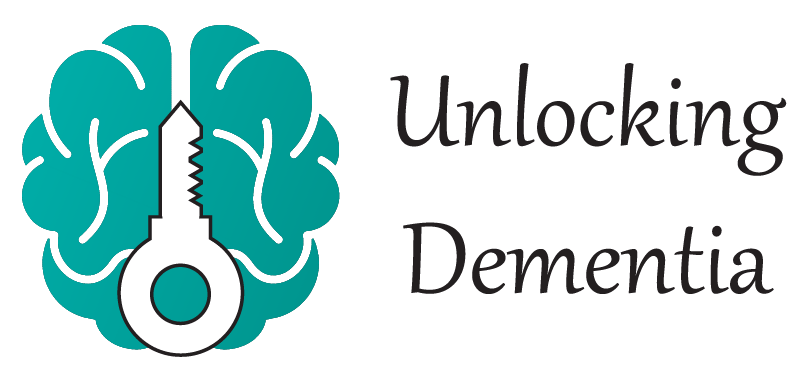As a young child, I grew up living in a small row house in Philadelphia with my mother, her parents, and her unmarried siblings. All their different personalities and interests were instrumental in my development and personality. My mother was my best friend and confidant, and my grandparents showed me love, patience, and a sense of purpose. My aunt and uncles were additional parent figures who taught me how to appreciate what we had and not to take anything for granted. Love, concern, and stability were always a constant thread throughout the family structure.
My grandmother was the matriarch figure of strength and order. My grandfather taught me patience and caring for others. My uncles and aunt were the foundation of adapting to change and the glue that held the family together as a group. My father joined our family when I was seven and he taught me the love of the written and spoken word. His motto was to learn something new every day, regardless of its importance because you never knew when it would become important.
While I was still a teenager, it became apparent that my grandmother’s memory began to fail. It was the family joke that Gram had to run through all thirteen grandchildren’s names to get to the one she wanted, but other things started to happen that were not so funny, and being with her became very frustrating.
She was always meticulously neat and orderly, but then she started to misplace items. These items would end up in the strangest places and not where they belonged. She would forget conversations and argue when she thought others were trying to confuse her. We all contributed to aging – old folks forget things.
When she was in her eighties, and my grandfather passed away, the family noticed Gram often fell and would forget to eat or turn off the stove. After a few near disasters, it was decided she would move in with my aunt and her family. Gram became combative, and suspicious, and would sit for hours watching television. Although she never learned to drive but enjoyed outings to the store and around town, she refused to leave the house or have anyone visit. She lost interest in her knitting and crocheting. She would argue with family members and if she didn’t want to talk with someone, she would hit and try to bite that person. Except for my mother and aunt, other family members refused to help care for Gram. Her behavior was uncontrollable, unpredictable, and often unacceptable.
As typical in the 1990s, Gram was eventually placed in a nursing care facility where she died a few years later. There was no autopsy to confirm dementia, but we all took it for granted that she had suffered from Alzheimer’s for many years. At the time, my understanding of Alzheimer’s was that of most people – it was eventually that old people’s brains stopped functioning and they became like children, forgetting the past and even how to tend to themselves.
Years later, I was indirectly involved in the care of my husband’s mother. She exhibited signs of Alzheimer’s in her late 80s and her behavior became more unpredictable. She was suspicious of others, accused residents of stealing her food, and would often leave her room dressed in very little or with items of clothing worn in the wrong places. She was moved from various assisted living facilities until she became “uncontrollable” and lived in a small private home for the last few years of her life. Although she could not remember her grandchildren’s names, she always asked about my mother, who she had only met a few times.
In 2013, my parents moved into our home when my father was diagnosed with prostate cancer and my mother’s health prevented her from caring for him. Two years later, he was diagnosed with Vascular Dementia. Although I could provide emergency care as an EMT, I became a certified Independent Caregiver so that I could care for him properly. I watched as he slowly deteriorated from a vibrant, intelligent man into a semi-vegetative state who could be easily led to complete simple actions like eating, bathing, and conversing in simple conversations. Although he recognized his family and caregivers, he was unable to read, concentrate on TV, and participate in simple games. He could remember things that happened in the past when prompted. Fortunately, he retained his gentle demeanor and passed quietly in his sleep a few years later.
In 2019, my husband of 35 years was diagnosed with Lewy Bodies dementia and is living at home adjusting to the changes caused by this disease. He is now under part-time supervised care, but still retains most of his mental abilities except for short-term memory, staying focused to complete tasks, and understanding complex concepts when presented quickly. Making logical decisions and remembering those decisions are becoming more difficult. He shuffles when he walks, his balance has been impaired, and coupled with his severe PTSD, experiences hallucinations, and bouts of paranoia, and is often in a flux of agitation. Making simple decisions has become harder every day, and there is a marked decrease in his functionality and ability to focus on simple tasks. We are now living with dementia full-time.
